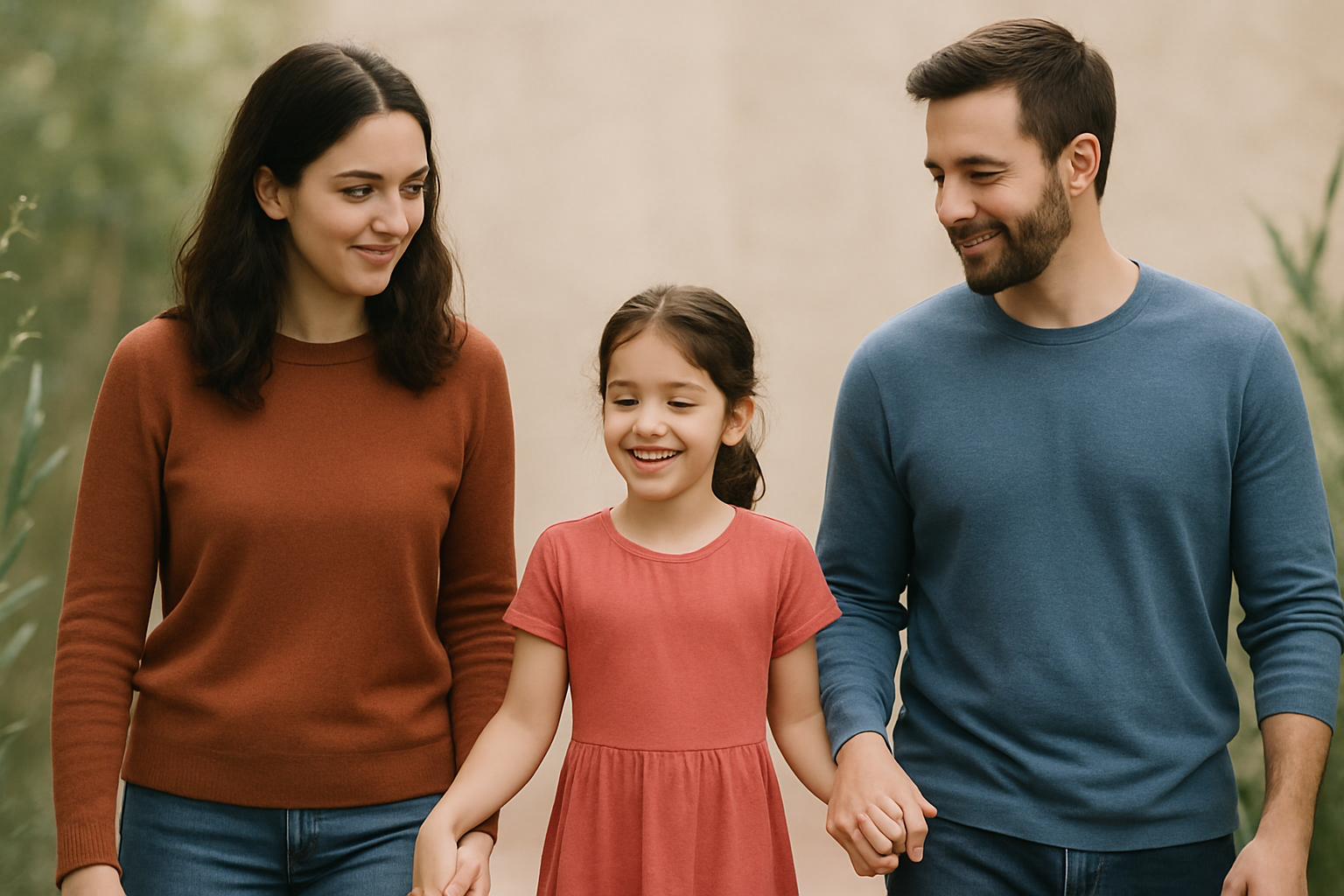Parenting After Divorce


Divorce marks the end of a chapter, but when kids are involved, it’s not the end—it’s the start of a complex new story in co-parenting. Parenting after a separation or divorce isn’t just about dividing holidays or alternating weekends. It’s about recalibrating your entire approach to raising children while preserving emotional stability and well-being on both sides of the equation—yours and your children’s.
Let’s dive deep into the multifaceted challenges divorced couples face when parenting, the emotional weight children carry, and strategies to navigate these tricky waters with grace, empathy, and structure.
For Parents:
Divorce is not just the end of a romantic relationship—it often feels like a loss of identity, dreams, and routines. Throw in the responsibility of co-parenting, and the stress levels can spike. Many parents struggle with:
For Kids:
Divorce is seismic for children. They lose the comfort of a unified home and often blame themselves for the split. Some common reactions include:
Navigating logistics post-divorce can be a full-time job. Whether it’s who picks up from soccer or who gets Thanksgiving this year, it’s easy for details to get lost in translation—and tension.
Common logistical hurdles:
Kid impact alert:
When kids feel like pawns in a scheduling war, they start to internalize stress. They may begin to:
Divorce and post-divorce parenting can trigger significant emotional and psychological stress for everyone involved. If left unaddressed, this can lead to depression, anxiety, and long-term relational challenges.
Mental health challenges for parents:
For kids:
Mental health tip: Consistent access to therapy, whether individual or family-based, can help unpack and process these layered emotions.
There’s no one-size-fits-all approach to post-divorce parenting. The two most common models are:
Co-parenting:
Involves active communication and collaboration between parents. Ideal—but only works when both parties are emotionally mature and communicative.
Parallel parenting:
A more detached approach where parents disengage from one another but still parent effectively in their own homes. Best for high-conflict divorces.
Both have their pros and cons, and selecting the right one depends on your dynamic. The worst-case scenario is a hybrid of neither—where communication is toxic and coordination is nonexistent.
Despite the upheaval, research shows kids can thrive after divorce if they feel secure, loved, and shielded from parental conflict.
Here’s what children need to flourish:
1. Use a Co-Parenting App:
Tools like OurFamilyWizard or TalkingParents allow communication, calendar sharing, and documentation—without miscommunication or emotional baiting.
2. Establish Parenting Agreements:
Clear boundaries around discipline, bedtime, and screen time prevent confusion and help children transition smoothly between homes.
3. Prioritize Therapy:
Even amicable divorces come with emotional debris. Therapists can help parents navigate co-parenting dynamics and kids process feelings.
4. Don’t Vent to the Kids:
Your child is not your therapist. Ranting about your ex to your child forces them to take sides, leading to internal conflict.
5. Celebrate Small Wins:
Managed a civil handoff? Shared a laugh at your kid’s soccer game? That’s progress. Celebrate it. Co-parenting is a marathon, not a sprint.
Divorced couples parenting together may never be best friends—but they don’t need to be. The goal isn’t perfection, it’s peace and emotional stability for the kids.
Children will remember how they felt growing up more than they remember who got them the bigger Christmas gift. Show them that even when love between parents ends, respect, cooperation, and care can still flourish.
Your family’s new normal doesn’t have to feel broken—it can be beautifully redefined.
#DivorcedParents #ParentingAfterDivorce #CoParentingLife #MentalHealthMatters #KidsComeFirst #ModernParenting #TherapyWorks #SplitButStillStrong #DivorceRecovery #ParallelParenting #FamilyHealing #SharedParenting #ParentingTips #CoparentGoals